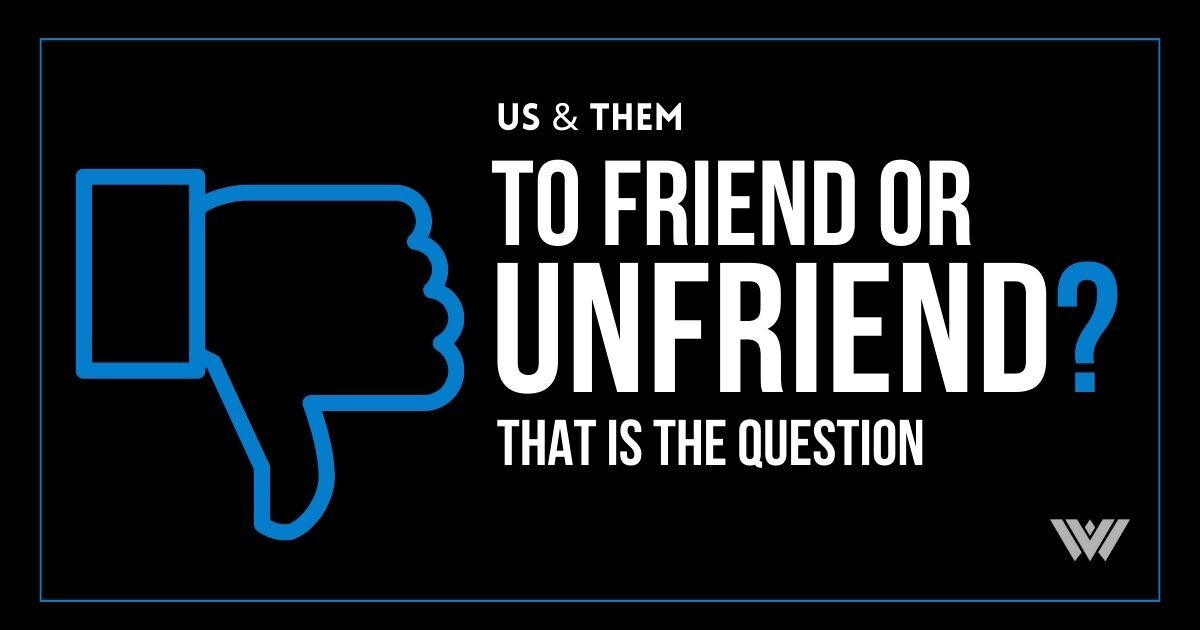ACLU-WV filed a lawsuit against Jefferson County commissioner Steve Stolipher for violating the First Amendment rights of a constituent.
The American Civil Liberties Union of West Virginia (ACLU-WV) has filed a lawsuit in the Jefferson County Circuit Court against Jefferson County Commissioner Steve Stolipher. In May 2022, Stolipher blocked constituent Christy Stadig, a resident of Harpers Ferry, from his official government Facebook page.
Stadig had responded to a comment on Stoliphers Facebook page asking him about what he had posted. She got a notification that the commissioner had responded to her comment but when she went back to his page, her original comment and his response had been deleted. A few hours later, she realized she had been blocked.
Stadig went to a Jefferson County Republican Executive Committee meeting where she asked Stolpher to unblock her from his Facebook. He responded by laughing at her request.
Aubrey Sparks, the legal director at ACLU-WV, says that blocking a person from an official Facebook page is one of the most common complaints her department gets. She says sometimes there is no malicious intent, just a lack of knowledge.
“Sometimes public servants just legitimately don’t know that this is something they aren’t permitted to do, and so they rather block someone than really engage.” Sparks said. “Blocking is a problem that is incredibly widespread, and we want to make the point that it’s not okay at any level of government…it is a big deal to our client because she was relying on that access to information to learn about her representatives and policies that would affect her as a resident of Jefferson County.”
Del. Kathie Hess Crouse, R-Putnam, has three Facebook pages. Her personal, campaign, and official Delegate page. While she occasionally blocks or deletes from her personal and campaign pages, she does not on her official delegate page. She says she engages with those with similar and opposing views.
“Most of the time I let them vent, I’ll read what they’ve said, if it’s something I need to take into consideration I will, but I let them vent and say whatever they want to say,” Crouse said.
Government official’s social media pages are seen as public forums and blocking a constituent is restricting their freedom of speech. The ACLU-WV has a toolkit to let people know their rights if they have been blocked by a government official.
